We Provide Comprehensive Telehealth and In-Person Psychotherapy in San Diego and the California Region.
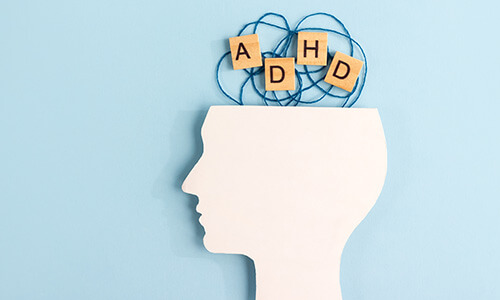
ADHD is a common diagnosis that can affect children and adults in school, social, and work settings.

Families can thrive with adoption and seeking parent guidance can be enormously beneficial for the family and the child.

Anxiety can present in multiple ways that can be paralyzing and highly disruptive to daily routines.
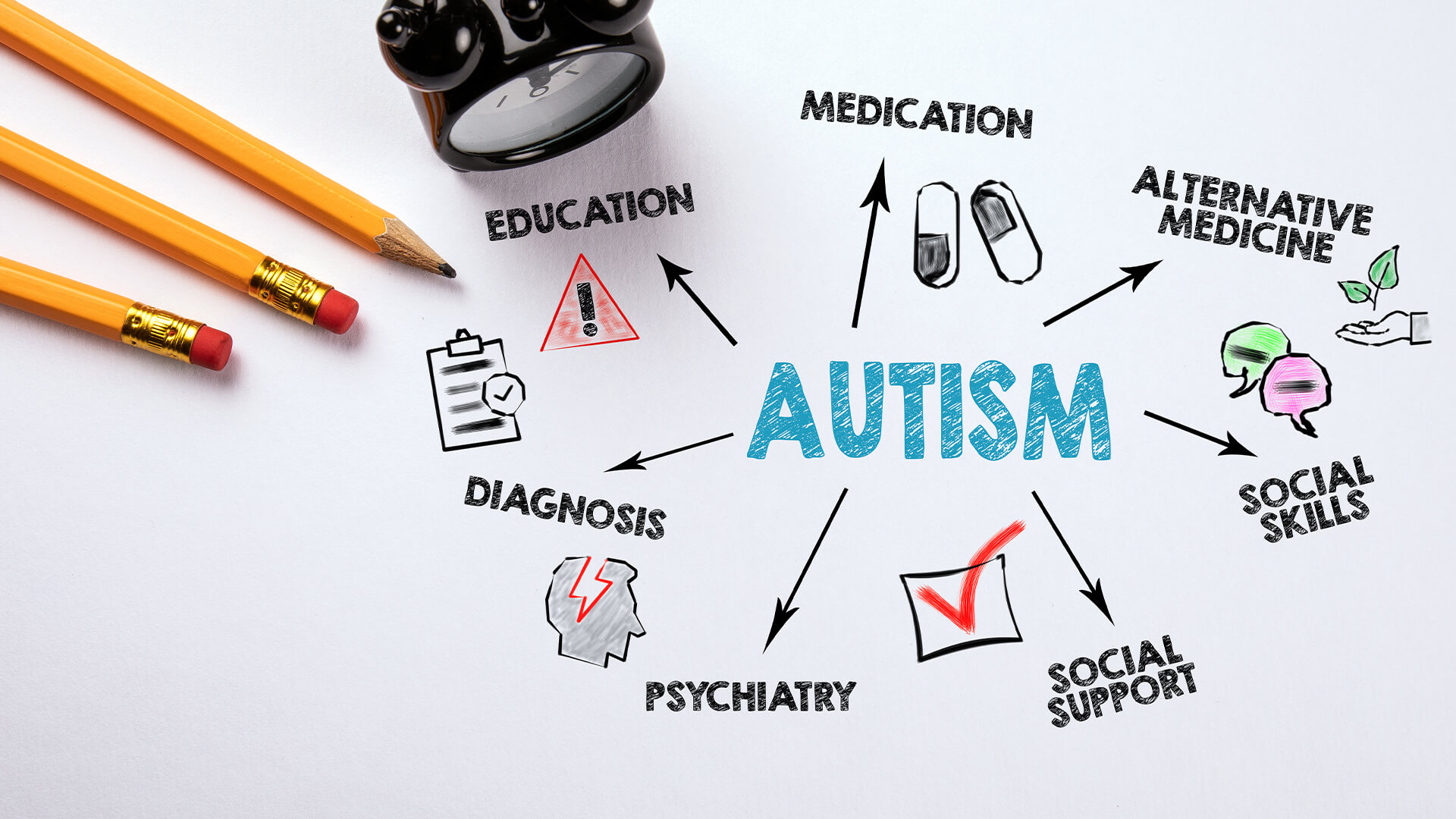
A consultation in any stage of life development can be enormously helpful to identify vulnerabilities and strengths.
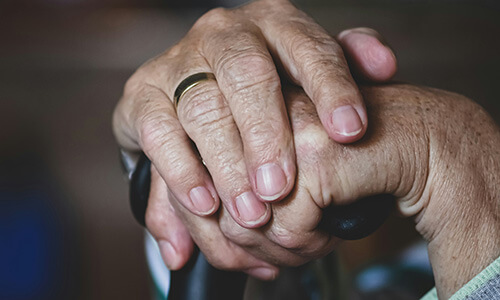
We know from research and family stories that finding support is one of the best ways caregivers can cope better over time.
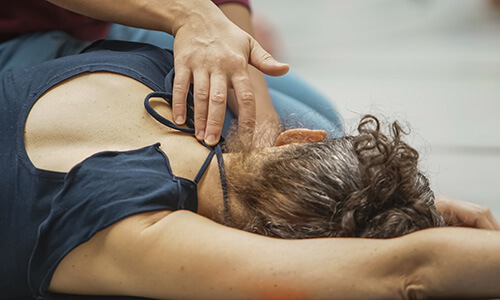
Therapeutic support with an expert can significantly alleviate symptoms of depression and anxiety.

Professional support for college guidance, vocational placement, or academic support to help you achieve your goals.

Depression is one of the most common mental health issues in the U.S., caused by genetic, biological, environmental, and psychological factors.

Testing accurately assesses developmental, cognitive, neurological, and academic domains for targeted interventions.

To better identify the specific diagnoses, we conduct comprehensive diagnostic evaluations and assessments.

Eating disorders can present in a variety of forms and can cause significant disturbances to an individual’s eating behaviors, daily activities, and life choices.

We offer 1:1 specialized training with Aspiring Families Educational Specialist for executive functioning skills that allow you to manage your choices and work towards complex goals.

The creative process for personal reflection, self expression, coping, self-care through expressive arts can be profoundly healing.

Individual adult therapy with licensed clinical psychologists, for relationships, loss, trauma, depression, anxiety, and career.
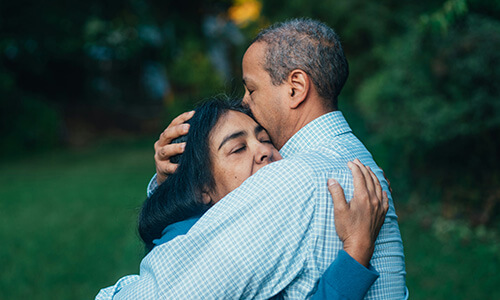
Our team of specialists provide support, coping mechanisms, and tools for children, adolescents, and adults struggling with grief and loss.

Meeting with an expert M.D. who is a specialist in internal medicine can be enormously beneficial for adult clients struggling with medication adjustments, physical illnesses, and comorbid diagnoses.
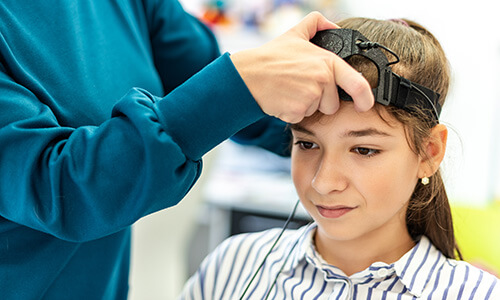
Neurofeedback, a form of biofeedback, optimizes the electrical activity of your brain. It’s a non-invasive treatment that improves unwanted symptoms and behaviors.
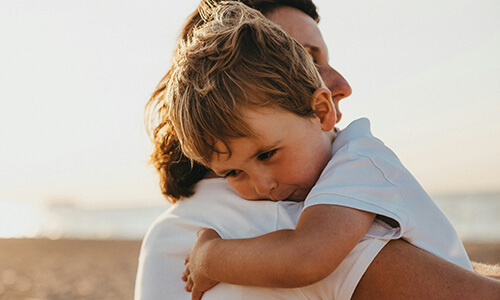
Parenting can be very challenging for many of us and seeking expert parent guidance can be enormously beneficial for the child and the family.

Play therapy can be an effective therapeutic tool to help young children with emotional and cognitive processing during periods of stress, changes, or loss.

Many women struggle with significant emotional, physiological, and cognitive changes after birth.

A pregnancy loss can impact your relationship with your partner, your family, your colleagues, and even your friends.

Psycho-educational testing allows us to accurately pinpoint the cognitive and academic strengths and weaknesses.

Utilizing a multi-pronged bio-psycho-social approach that includes pharmacological interventions can be highly effective in addressing more severe symptoms.

School and Home Based Observations and Interventions are sometimes necessary and powerful in helping the child, adult, seniors, and family members.

A compulsive need to use smartphones, tablets, computers, and televisions regardless of the negative impacts on daily activities such as work, school, or social relationships becomes harmful.

Somatic Experiencing aims to resolve physical symptoms associated with stress, anxiety, and trauma that can accumulate in the body.

Telemental Health is an exciting and innovative way to provide clinical and therapeutic care to clients. We now offer appointments through secure video-conferencing technology from the comfort of your own home, office, and college.

Seeking trauma focused therapy for a traumatic event can help you shift significant symptoms and cope more quickly.
SP
(Diagnostic, Educational, Psychological, Neuropsychological)
In-Home and In-School
Aspiring Families is a premier private mental health and wellness center in Del Mar/Carmel Valley.
We are a highly experienced team of expert medical doctors, educational specialists, expressive and somatic arts therapists, and behavioral specialists who meet with you for in-person or tele-health individualized sessions.
12625 High Bluff Drive,
Suite #105
San Diego, CA 92130